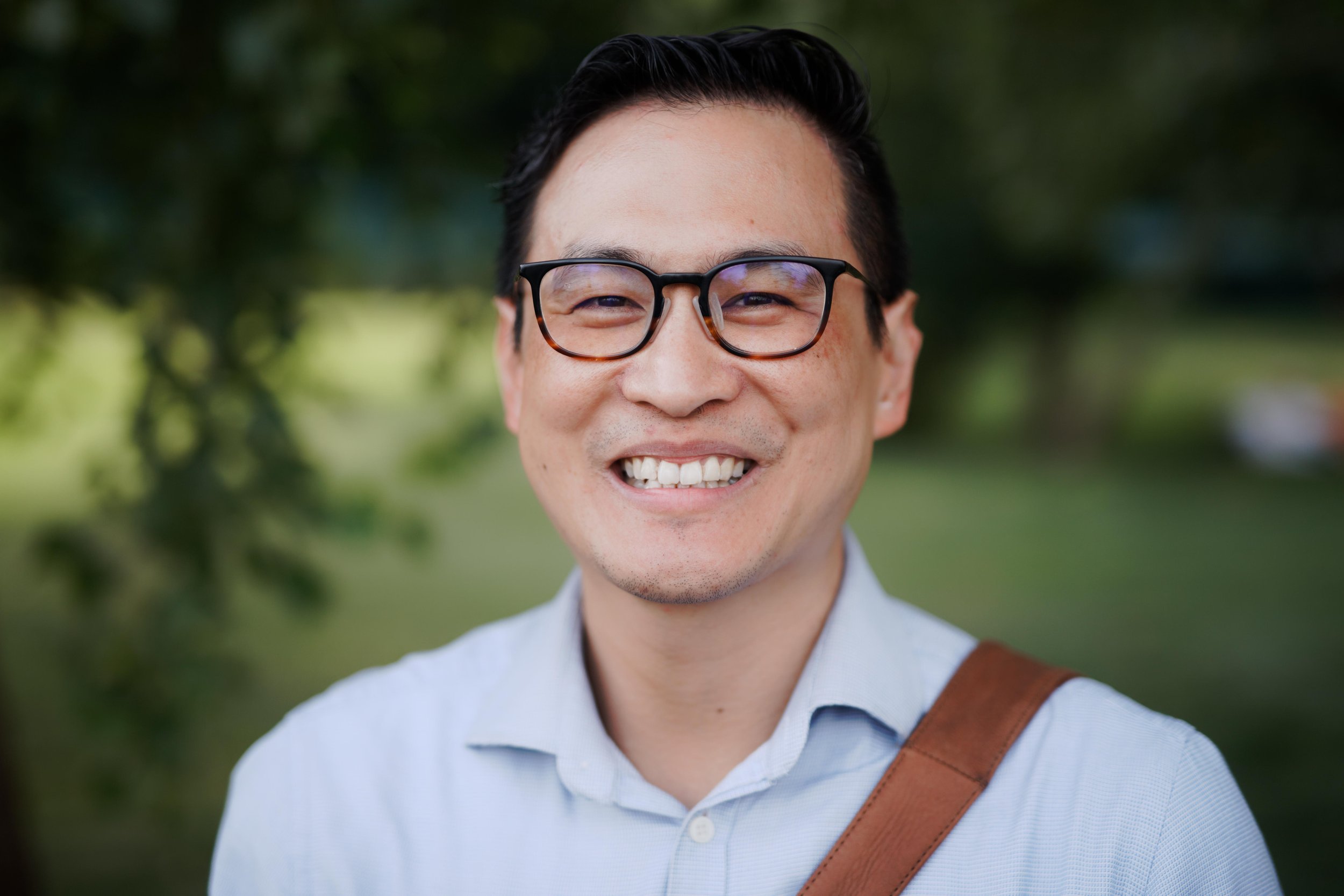Singapore: Selective use of government powers risks undermining right to freedom of expression
Update - 2 March 2021
New Naratif's founder and managing director, Dr Thum Ping Tjin, has been summoned for another round of questioning by the Singapore police, a development that raises concerns.
He is due to report to the Clementi Police Station at 10am (GMT+8) on Friday, 5 March 2021.
PEN International expresses serious concern with the investigations underway in Singapore against New Naratif. Authorities have begun investigations in the conduct of the web portal, which promotes democracy and freedom of expression in Southeast Asia, because it publicised its content on social media in the run-up to the recently-concluded parliamentary elections. Several leading human rights and media freedom organisations have asked the government to withdraw the police report.
Singapore’s Elections Department filed a report with the police who have seized computer equipment and cell phone of Dr Thum Ping Tjin, the academic and historian who is the managing director of New Naratif.
Singapore held its parliament election on 10 July 2020 in which the ruling People’s Action Party (PAP) won 83 seats and the opposition secured the remaining ten seats.
Subsequently, on 18 September, the Prime Minister’s Office alleged that New Naratif boosted content on Facebook related to elections in violation of Singapore’s electoral laws. Democracies around the world have laws to regulate free expression that might interfere with citizens’ voting rights, but Singapore’s strict laws about what constitutes political activity go considerably beyond because of broad interpretation of what constitutes political speech. New Naratif had boosted 13 posts on Facebook during the elections, of which the Elections Department had singled out five, ordering those to be taken down. It is difficult to assess what harm those posts posed without any clarification about what those posts were and what threshold did they cross, if any, particularly since the elections are over.
Other media organisations had also boosted similar posts of their content, but action has not been taken against them. For example, Asia One, a media company partly-owned by state-linked Singapore Press Holdings, boosted about 240 posts of which 150 were related to the elections; none was required to be taken down. New Naratif did not receive any communication explaining why its posts had to be taken down or what specific legal provision they may have violated.
Even though New Naratif did not deny boosting posts, Dr Thum was interrogated for over four hours and his equipment was seized.
Singapore’s Elections Department is not independent of the government, but it is part of the Prime Minister’s Office. International election observers and human rights groups have often expressed concern over Singapore elections, where the government has control over the media, and expressing dissent carries the significant burden of defamation laws which carry harsh penalties. This action is part of a long pattern of Singapore’s government using its investigatory powers to aggressively and systematically pursue its critics. A law passed last year, Protection from Online Falsehoods and Manipulation Act (POFMA), while intended to fight ‘fake news,’ has made it harder to debate official interpretations and positions, a point PEN International has raised previously.
PEN International calls upon the Singapore government to re-examine the law and its applicability; to ensure that it is applied fairly and transparently; to clarify the meaning of ‘electoral activity’ and ‘electoral advertising’; and to explain why all media organisations which boosted their posts are not investigated.
Salil Tripathi, chair of PEN International’s Writers in Prison Committee said: “The actions taken against New Naratif and Dr Thum have a chilling effect. At all times in a democracy, and particularly during elections, voters require information and debate about the issues that matter. Like other organisations, New Naratif was promoting its content to its audience. Taking away tools of expression, such as a laptop, and means of communication, such as a cell phone, prevents Dr Thum and his colleagues from participating meaningfully in the political process in Singapore. New Naratif has found it difficult to get registered, its employees have been called agents of foreign countries, and the POFMA is being deployed against them. The government should call off the investigation and re-examine its laws so that they do not restrict peaceful expression of opinion and do not curtail debate.”
Background
Freedom of expression in Singapore is subject to restrictions, and has been defined as ‘partly free’ in the Freedom House 2020 report, with a major concern being the introduction of the POFMA. Dr Thum, a historian, Rhodes Scholar, and a visiting fellow at Oxford University, is the co-editor of Living with Myths in Singapore, a book collecting essays on Singapore’s nationhood and identity. He has been critical of the POFMA and has challenged its reach, most notably in his 2018 submission to the Select Committee on Deliberate Online Falsehoods of the Parliament of Singapore, which was met with personal attacks form the Committee aimed at undermining his academic credentials. New Naratif is a movement that promotes democracy, freedom of expression, and freedom of information in Southeast Asia.
For further information please contact Ross Holder, Asia Programme Coordinator at PEN International, Unit A, Koops Mill, 162-164 Abbey Street, London, SE1 2AN, Tel.+ 44 (0) 20 7405 0338, email: [email protected]

